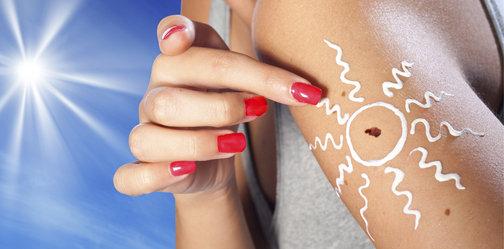With half term out of the way and the summer holidays looming you might be looking for travel advice? Your pharmacy can provide those essentials like sun tan lotion, wipes and plasters to cope with any minor disasters.

Your pharmacist should also be able to advise you on antimalarial medication, and any vaccinations you might need (and may even be able to administer them for you if they provide a travel clinic service).
If you can’t get to your local pharmacy for any reason, there are some good sites you can visit online:
• Nathnac.net is a site commissioned by Public Health England and contains the latest travel advice for UK travellers.
• www.fitfortravel.nhs.uk is the NHS Scotland travel site for people travelling abroad from the UK.
• NHS Choices also offers a variety of advice – stick ‘travel’ in the search box to see the options.
• Fitfortravel.nhs.uk
• wwnc.cdc.gov/travel is a US site, but that doesn’t stop it having some useful information – just be aware that UK guidance may differ in some respects.


